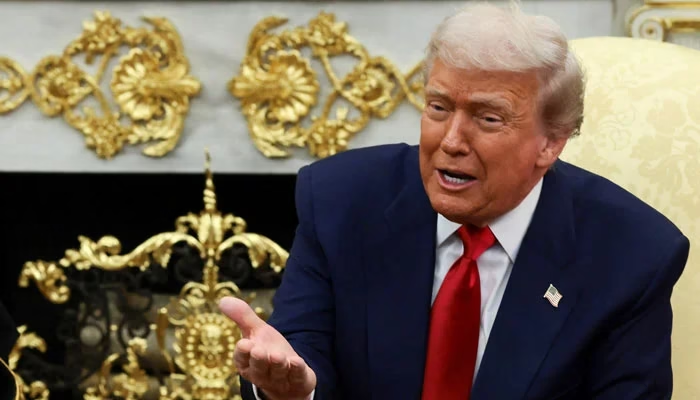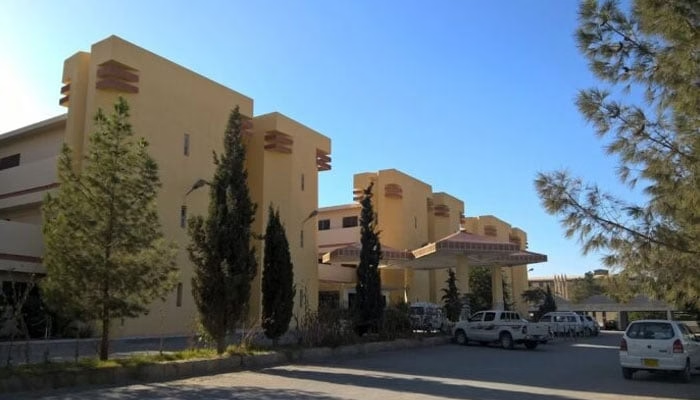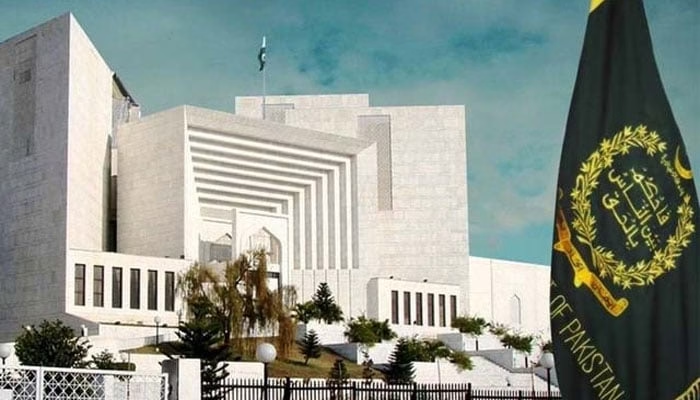In a recent press briefing at the White House, former US President Donald Trump made bold claims about his role in preventing major global conflicts, with a particular emphasis on South Asia. Speaking alongside Saudi Arabia’s Crown Prince Mohammed bin Salman, Trump highlighted several diplomatic achievements and placed special focus on what he described as stopping a potential full-scale war between two nuclear-armed nations. The comments now widely discussed have renewed international attention on Trump on India-Pakistan war narratives and the events surrounding the May 2025 escalation.
Trump’s Claim of Stopping Eight Wars
Trump began by stating that he had prevented eight wars during his time in office, asserting that his diplomatic engagements diffused several crises before they escalated. Among these, he singled out India and Pakistan, telling reporters: We stopped India and Pakistan… I’m very proud. I stopped one that was almost ready to start again.
This statement refers to the tense military standoff in May 2025, one of the most dangerous episodes between the neighbours in recent decades. His remarks have sparked renewed international debate, prompting analysts to revisit US involvement in the crisis. The focus on Trump on India-Pakistan war narratives now centers on verifying how much influence Washington truly wielded in preventing further escalation.
The 2025 Escalation Between India and Pakistan
The tensions erupted following a deadly terrorist attack in Pahalgam, located in the Indian Illegally Occupied Jammu and Kashmir (IIOJK). The attack killed 26 tourists and was immediately blamed on Pakistan by Indian authorities. Islamabad firmly rejected the allegations, calling for a neutral and internationally monitored investigation.
As accusations escalated, both sides mobilized fighter jets, drones, and artillery along the border. Over several days of confrontations, Pakistan reportedly shot down seven Indian jets—three of them Rafales—and dozens of drones. India responded with cross-border air activity and increased military presence across strategic points.
The back-and-forth strikes, lasting nearly 87 hours, created global alarm. Observers feared that even a minor miscalculation could spiral into a devastating war between two nuclear-armed states. Discussions around Trump on India-Pakistan war claims intensified as Washington played an active role behind the scenes.
US Involvement and the Ceasefire
According to diplomatic sources, the United States, under Trump’s leadership, intervened swiftly. American officials engaged both New Delhi and Islamabad, urging de-escalation and offering a framework for a temporary ceasefire. Ultimately, a US-brokered agreement was reached on May 10, halting military operations from both sides.
During a previous press briefing, Trump said Pakistan’s Prime Minister Shehbaz Sharif personally thanked him for preventing a catastrophic nuclear conflict. He quoted Sharif as saying: “Mr. President, you saved millions of lives. You stopped that India war from going nuclear.”
Whether the claims were exaggerated or accurate, they added to the ongoing discourse on Trump on India-Pakistan war diplomacy and strengthened Trump’s portrayal of himself as a conflict mediator.
Trump’s Broader Diplomatic Narrative
During the recent press conference, Trump did not limit his remarks to South Asia. He listed several other conflicts he claims to have prevented or helped de-escalate, including:
- Gaza breakthroughs involving hostage negotiations
- Efforts to ease tensions between Israel and Iran
- Mediation attempts in the Rwanda–Congo crisis
- Diplomatic outreach in Ethiopia–Egypt tensions
- Supporting peace processes in Armenia and Azerbaijan
He also expressed hope that he could help bring an end to the ongoing war in Ukraine.
These statements form part of his broader global narrative, but the Trump on India-Pakistan war claim remains the most widely discussed due to the severe consequences a South Asian conflict could have carried.
India and Pakistan’s Current Posture
When asked about the current situation between India and Pakistan, Trump responded that the two nations were now “doing well,” suggesting improved stability after the 2025 confrontation. While relations remain tense, both countries have avoided major escalations since the ceasefire.
Pakistan continues to reject allegations linked to the Pahalgam attack and maintains that it is willing to participate in neutral investigations. India, meanwhile, insists that the region remains vulnerable to cross-border militancy and retains a strong military stance.
The renewed discourse on Trump on India-Pakistan war claims has shed fresh light on the 2025 escalation and the diplomatic efforts that helped prevent further conflict. Whether or not Trump’s role was as decisive as he describes, the fact remains that the region narrowly avoided disaster. The events serve as a reminder of how fragile peace can be between nuclear-armed neighbours—and how essential timely diplomatic intervention remains in preserving global stability.



